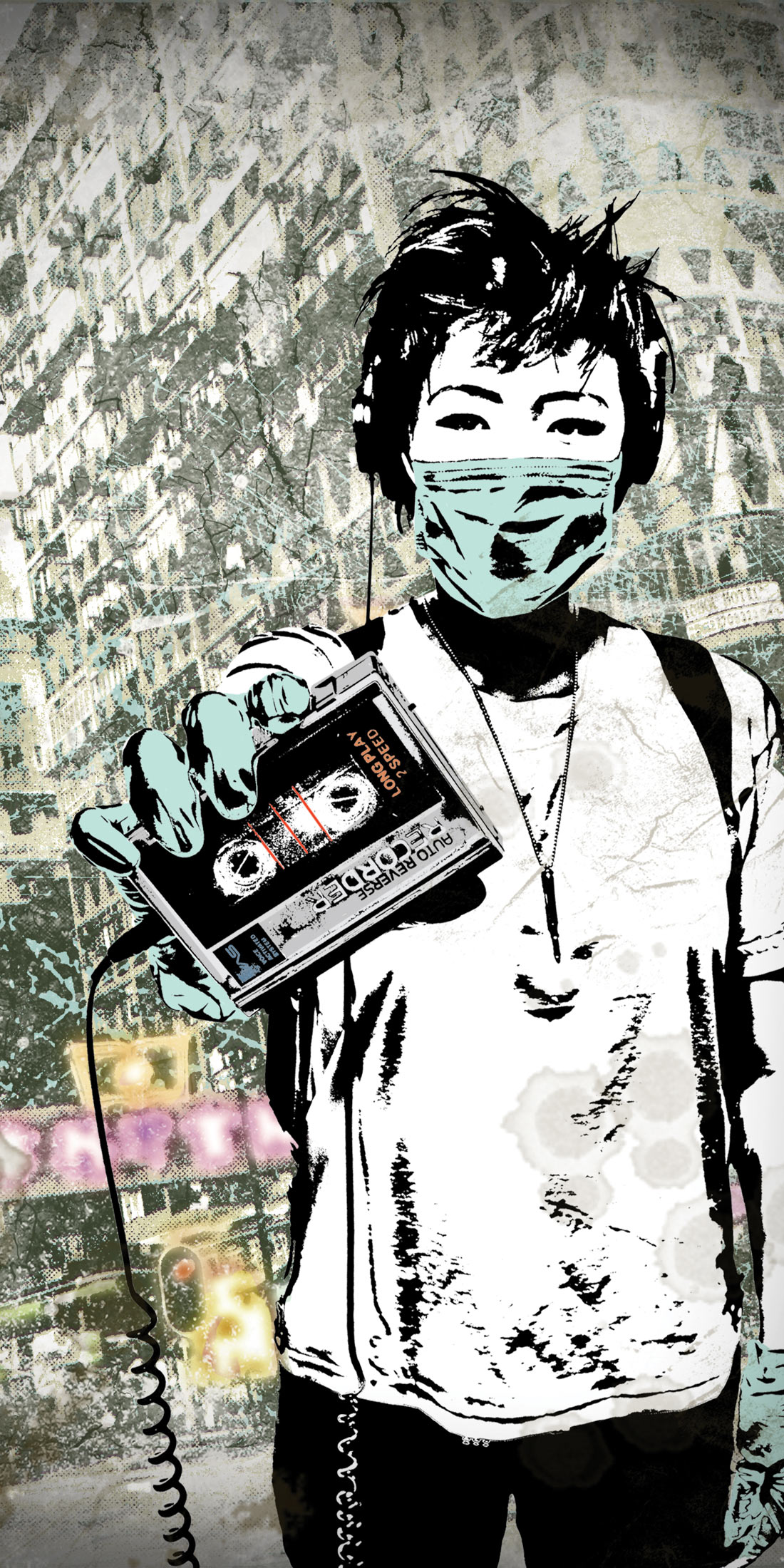Last issue we ran John La Grou's article, "The Future of Audio Engineering." In John's look ahead we see a harrowing glimpse of a world where the audio engineer, composer, and musicians are possibly reduced to one person who works in a virtual creative world. This caused me to think about the changes I've seen in my time making recordings, and specifically the concept of ideas versus execution. There are many ways to take a song from written parts, into a performance, and through to a recording. In fact the three steps of this process can be intertwined and happen in a million different ways. Writing a piece of music can be very separate from (or completely dependent on) the recording process. A recording can be simply capturing a single, live performance as it occurs, or building tracks up, one at a time, to create a song.
Years ago fellow producer/engineer Mike Caffrey told me he believed our jobs were becoming more about assembly than capturing performances. I told him I did not agree, and that my days didn't feel like that. Now I'm not so sure. I've even finally learned MIDI (30 years late), initially using it to help bolster drums on a hip-hop album I was mixing, and now as a creative writing element for another project. It's become another tool to pull out when needed. I also sometimes find myself in Pro Tools' grid mode, using the built-in click track and flying parts of songs around, which is all fairly new to me.
The concept of linear versus non-linear music construction may have started when someone first edited two pieces of tape together. After that, tape loops, Mellotrons, turntable breakbeats, Roger Nichol's Wendel digital drum replacer, and sampling may have undone the concept of music as a time-based performance, but MIDI went even further. Initially seen as a way for electronic instruments to synchronize with each other, it also soon became a way to build sequences, and eventually a way to trigger samples. Chopping up and repeating musical phrases became even easier, and more common, as computer technology entered the recording world. Assembly indeed.
Luckily these advances opened up new doors for some; hip-hop/rap, electronica, and some (most?) pop music benefited from new techniques and sounds. But assembling parts, quantizing drums, tuning vocals, and lining everything up can work wonders — or, in some cases, it can lead to blandness. New gear and software can open wonderful doors, especially when used in ways that were never initially intended. But never forget that listeners respond to "feeling," such as an emotional vocal performance, or an inspired instrumental solo. Imagine the difference between the concept of a drumbeat as intellectually written and a great drummer playing the same part. You know what I mean.
In my mind there's still such a joy in collaborating. Nothing beats bringing in the right player for a song, coaching them through a part, and hearing a track come to life. Helping a songwriter turn raw ideas into something that connects with listeners is rewarding in the end. It's the only reason I started recording friends and playing in bands. We must be careful as technology moves forward. Keep collaborating and working with others. Hire musicians that can really bring a part to life, instead of sloppily playing it yourself. Email tracks across the globe for others to overdub on. Everything involved in recording is easier to accomplish than ever before, so take advantage of it all. We have a duty to be creative and make great music, as well as record and work in ways that support the art being created. To do less is a shame.

